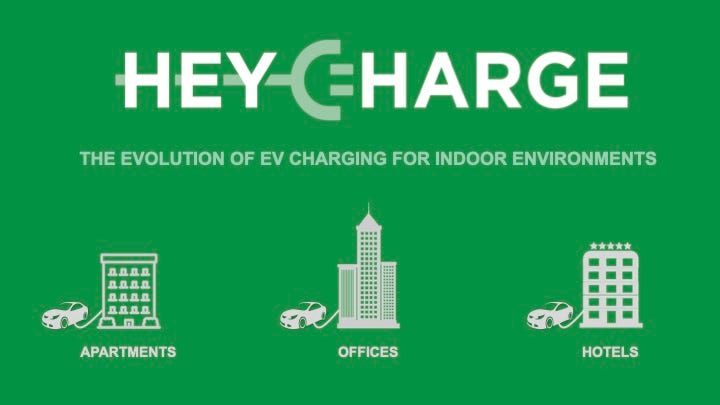€20 million EV funding boost for commercial and municipal fleets in Germany
25 January 2022

Germany’s massive market for electrically-chargeable vehicles (EVs) continues to benefit from government funding, in both the private and public domains. The country has set itself ambitious electrification targets, aiming to have more than 10 million EVs on the road by the end of the decade, a significant uptick from the 1.3 million currently EVs registered in the country.
The Federal Ministry for Digital and Transport (BMDV) announced it would inject €20 million in the further procurement of vehicles for fleets, as well as in the development of charging infrastructure. As part of its electromobility funding guideline, it has approved a total of 86 projects from both municipalities and companies. The funding, it said, would allow the ministry to support the procurement of more than 1,000 EVs and 250 charging points.
‘In order to reduce emissions in traffic in a sustainable and permanent way, we need electromobility,’ said transport minister Volker Wissing. ‘Taxis and courier services in particular have an enormously high mileage of thousands of kilometres a year, especially in our inner cities. That is why we are promoting the switch from municipal and commercial fleets to electromobility with €20 million.’
Municipal and commercial fleets
The new funding is intended to back municipal and commercial fleets, which can include anything from company cars to taxis, as well as vehicles used in mobility and sharing schemes. The aim is to speed up the switch to electric-drive systems, with the ministry adding this would make significant CO2 savings and contribute to climate-protection targets in the transport sector.
With Germany driving the electrification of Europe forward, the country is pursuing a strategy to ramp up the electromobility market. The ministry actively promotes the electrification of all modes of transport – this covers not only passenger cars and commercial vehicles, but also buses and rail services. Building an adequate charging infrastructure is another key area of investment. The government is eager to promote research in this area. It also aims to provide the right framework conditions brought forward, for instance, by the Electromobility Act that was instigated to promote EV use.
The ministry first launched its electromobility-funding guideline in 2015, aiming to make transportation more sustainable and energy-efficient. It covers three main areas, including municipal and commercial electric-mobility concepts, application-oriented research and development projects, as well as the procurement of EVs for municipal and commercial-vehicle fleets. So far, the funding volume in these areas amount to €386 million.
Greener mobility
The country recently recorded a new high of EV registrations in December 2021. In that month alone, 48,000 battery-electric vehicles (BEVs) were registered. Looking back at the last year, the combined EV share increased from 13.5% in 2020 to 26% in 2021, easily overtaking the 20% diesel market share.
Germany’s new government is pushing for clean mobility, recently announcing the extension of its EV subsidies scheme. Buyers of BEVs will continue to benefit from a €9,000 incentive. Meanwhile, plug-in hybrids (PHEVs) will be funded with a maximum of €6,750 although, going forward, the government is aiming to only subsidise EVs that have a ‘positive effect on climate protection’. Transport minister Wissing recently took a clear stance on the matter.
‘The use of fossil fuels will become more expensive in the future. That’s why I can only advise you to switch to CO₂-neutral drives,’ he said to German publicationTagesspiegel. ‘If you look at the EU regulation, you can see that the decision to go with e-mobility was made a long time ago. If we force the switch, we’ll also achieve our climate goals,’ Wissing added.



